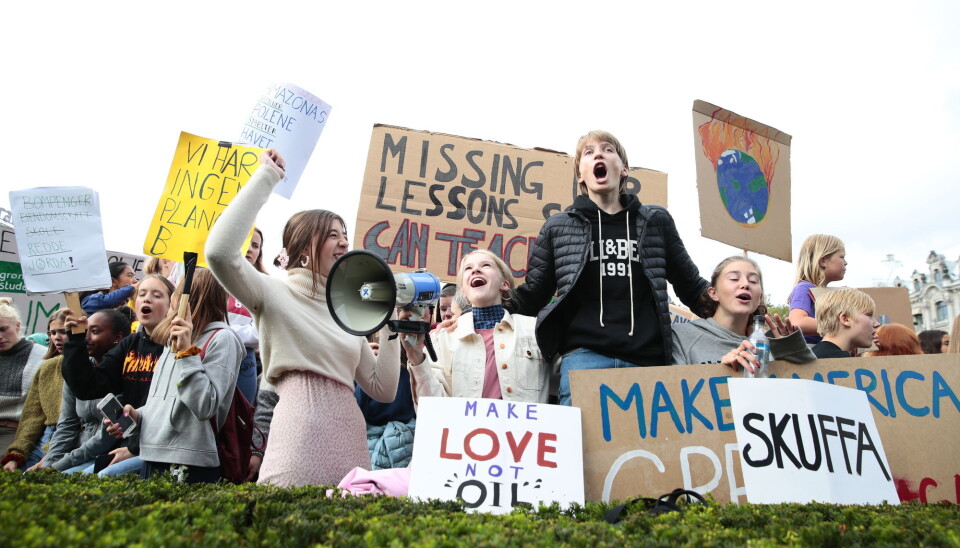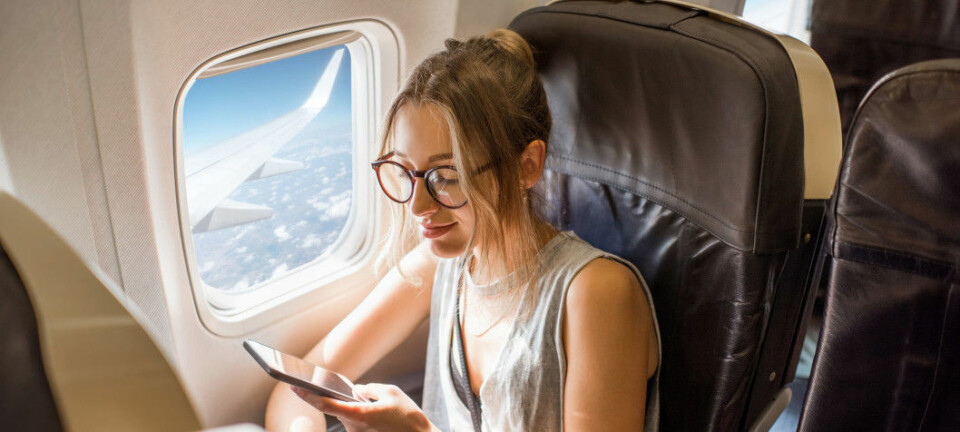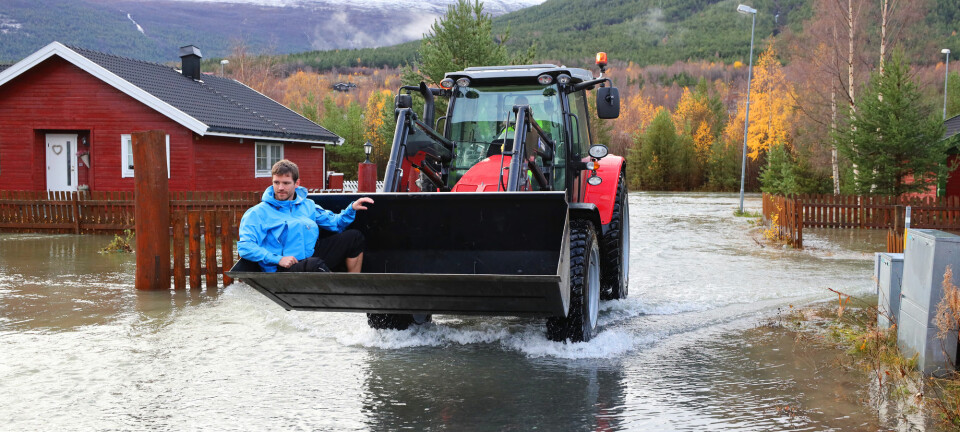
The pandemic has given young people faith that something can be done about climate change
Seven out of ten young Norwegians aged 18-30 respond that their belief that something can be done about climate change has increased since the pandemic.
“The main reason people believe we can do something now, is that we have seen what we are able to do. The pandemic has shown us that it is possible to make drastic changes in society in a short span of time”, Thea Gregersen says in a press release from the University of Bergen. Bergersen is doing her doctorate at the CET, Centre for climate and energy transformation at the university.
“A lof ot the corona measures, like being isolated and not meeting family and friends, are much worse than the future climate measures”, Gregersen says.
An internet-based survey has since 2013 asked people about their attitudes toward climate change. The last survey was done in January 2021. Throughout this period, a stable 40-50 per cent of Norwegians have responded that they are worried or very worried about climate change.
Among the elderly however, these attitudes have changed somewhat, according to Gregersen. The older age groups have become less worried about climate change during the past year.
“Perhaps they’ve used up their worries on corona?”, Gregersen asks.
“This would not be so odd, as they have been the groups most at risk. At the same time, young people are most at risk when it comes to future consequences of climate change”, she says.
Most Norwegians believe that something can be done to stop harmful effects of climate change, according to the survey. They are however split in two groups. One group believes it is very difficult to do what needs to be done, while the other group believes that achieving the necessary change is completely realistic.
Keeping the good conversations going
Since the corona pandemic made the world stand still for weeks and months, and cities were emptied of cars and people, much has been written about side effects of Covid-19 measures beyond stopping infections. Air quality has improved, pepole’s lives have changed, the home office is a new norm, less food is being wasted, and people are not flying like they used to.
But will the changes last?
“The corona crisis shows that rapid change is possible”, Karen O’Brien, professor of human geography, said in a press release from the University of Oslo at the onset of the pandemic in April last year.
"We may find that systems that seem natural are really just unnecessary constructs”, the professor said.
But how lasting the changes may be, depends on how we discuss the changes, she warns. We cannot just talk about whether planes should be grounded or not, but also about what values frequent flying represent.
"We are now seeing how much change is possible and how quickly it can take place. But if we don't maintain the discussion around these changes, I'm afraid a lot of the lessons we’ve learned and experiences we're having now, will disappear when the pandemic is over”, O’Brien said.



































